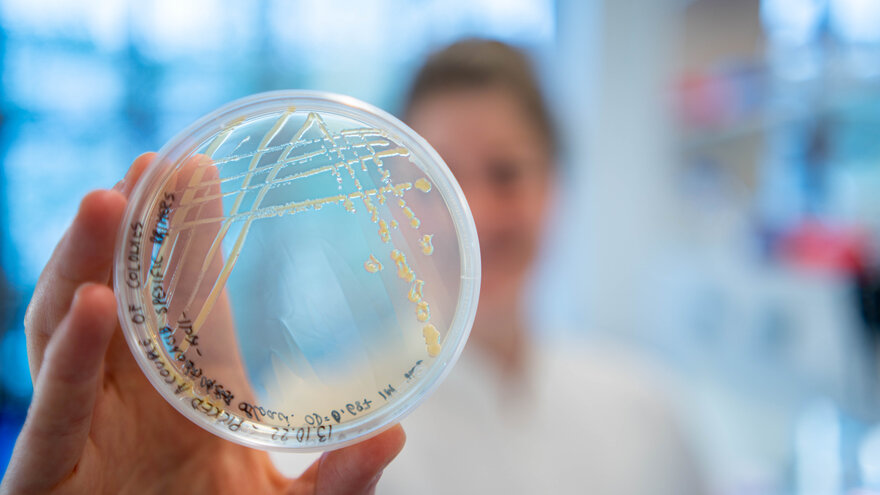About the project
Background
N2O in the atmosphere contributes to global warming and destroys stratospheric ozone. The concentration of N2O in the atmosphere is escalating, primarily due to nitrogen fertilization of farmland. Reducing this fertilizer-induced emission has become a major environmental challenge for the 21st century. Since only marginal reductions can be achieved by improving agronomic practice, we need more “invasive” techniques targeting the stoichiometry of N-gas production by denitrifying bacteria. This is what NOX2N develops.
Project summary
NMBU Nitrogen group, together with Norway's largest wastewater treatment plant, Veas, has developed and a promising technological platform that addresses the emissions of greenhouse gas nitrous oxide (N2O) from soil. These emissions constitute 1/3 of the total climate forcing of food production and must be reduced if we are to achieve the goals set in the Paris Agreement.
The idea is simple: agricultural soil is supplied with large amounts of organic material in the form of plant residues, livestock manure, and sludge from treatment plants. An increasing proportion of this material flow now goes via biogas plants before the residual product is returned to soil as a fertilizer. This gives us a unique opportunity to cultivate large amounts of nitrous oxide reducing bacteria in the bio-residue, utilizing it as a growth substrate and vector for these organisms.
We have searched for "wild" N2O-reducing bacteria in soil and bio-residue by first enriching them under special conditions, identifying them using genetic methods, and finally isolating individual organisms. The work has been successful and has resulted in several isolated organisms shown to have very beneficial properties; they grow well in bio-residue and at the same time survive in bio-fertilized soil where they virtually eliminate N2O emissions!
This development project will expand upon our recent work and aims to develop robust routines for the production of nitrous oxide reducing fertilizers and increase the technology readiness level (TRL) by implementing the technology at the Veas WWTP. We will also verify that the concept is transferrable to biogas plants that treat other types of organic waste, allowing them to offer the farmer a fertilizer product that significantly reduces N2O emissions.





